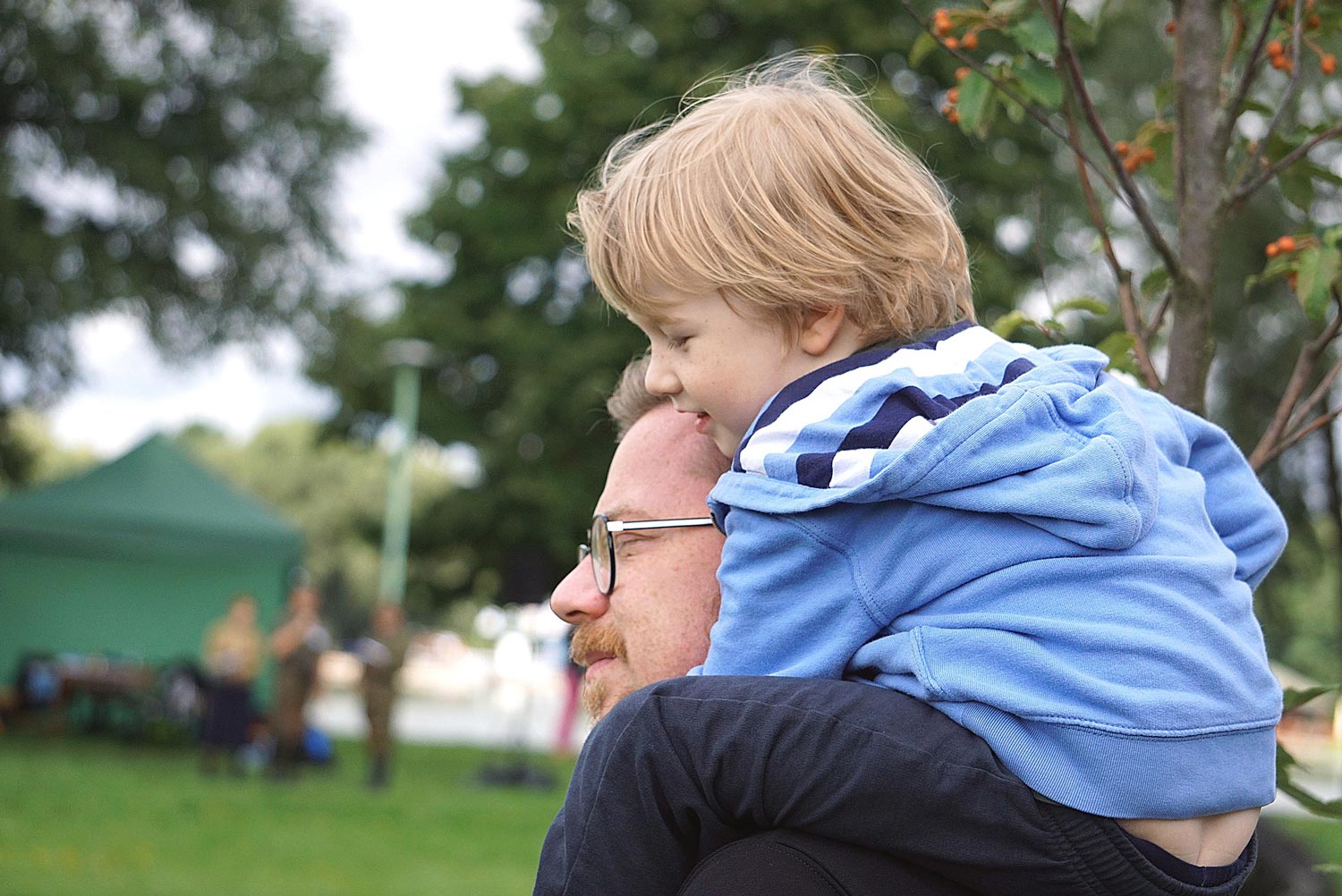Being kind can provide a huge boost to someone’s mental health, confidence, and sense of purpose. That’s why it’s important to talk to children about kindness from a young age so they can make a positive impact in the world and on their own well-being.
Here are some ways to communicate the importance of kindness to children.
Ask children about their own ideas of kindness
Before talking to children about what being kind actually looks like, hear their ideas first. Children may already have picked up on what it means to be kind or who around them are kind people.
After hearing their ideas, brainstorm ways that kindness can be displayed. Whether it’s being a good friend, including other people in activities, being mindful of other people, or being helpful around the house, decide ways you each can show kindness every day.
Teach children that actions have impacts
Situations where people aren’t being kind can be teaching moments. Ask children how they think the person on the receiving end feels. Showing the cause and effect of being unkind can help children realize that actions have a real impact on other people.
Lead by example
Children look to the adults around them as role models. Teach children that even something as small as a smile or compliment is a way to show kindness. Include them in acts of kindness for others, and when children come up with ideas to help others, allow them to act on them.
A series of studies in neuroscience from Stanford University found that kindness is contagious—people tend to imitate positive actions and the good intentions behind them. Good deeds inspire more good deeds, and children will follow your example.
Make gratitude a normal part of your routine
If someone does something kind for a child, have that child thank them. Make talking about what you’re thankful for a part of regular discussions and ask children what acts of kindness they’ve done or seen others do.
If a child finds it difficult to be kind to others or doesn’t understand the importance of treating others well, Valley Oaks Health provides children’s counseling to help them process what they’re feeling and experiencing.






